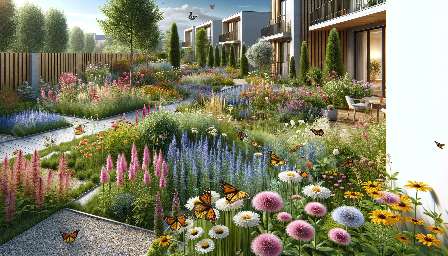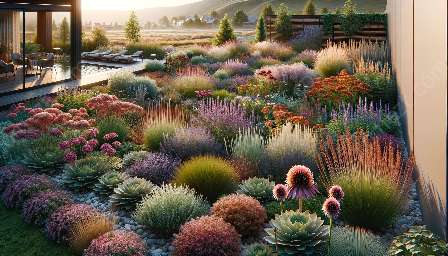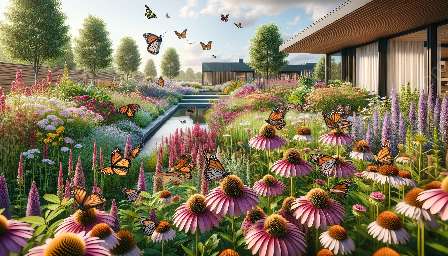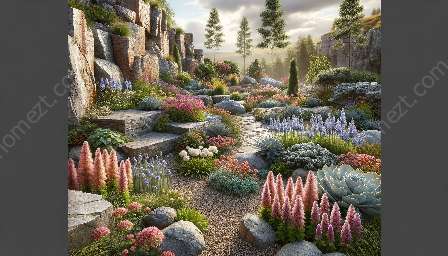Perennial plants bring lasting beauty to your garden, and they require specific maintenance and care to thrive. In this comprehensive guide, we will explore everything you need to know about caring for perennial flowers and plants in your garden, from soil preparation to watering and pruning.
Soil Preparation
Proper soil preparation is crucial for the success of perennial plants. Start by testing your soil's pH level to ensure it is suitable for the specific perennials you want to grow. Most perennials prefer well-draining soil with a slightly acidic to neutral pH. Amend the soil with organic matter, such as compost or well-rotted manure, to improve its structure and fertility. This will provide the necessary nutrients for healthy plant growth and flowering.
Planting
When planting perennial flowers and plants, it's important to consider their sunlight and spacing requirements. Choose a location that receives the appropriate amount of sunlight for the specific perennials you are planting. Follow the planting depth and spacing guidelines provided for each variety to give the plants ample room to grow and prevent overcrowding.
Watering
Proper watering is essential for maintaining the health of perennial plants. While established perennials generally require less frequent watering than annuals, it's important to water newly planted perennials regularly to help them establish strong root systems. Monitor the moisture level of the soil and adjust your watering schedule based on weather conditions and the individual needs of the plants.
Fertilizing
Applying a balanced, slow-release fertilizer in spring can help provide the essential nutrients that perennial plants need for healthy growth and blooming. Be sure to follow the recommended application rates for the specific type of fertilizer you choose. Avoid over-fertilizing, as this can lead to excessive foliage growth at the expense of flower production.
Pruning
Regular pruning is important for maintaining the shape, vigor, and flowering potential of perennial plants. Remove dead or damaged foliage, spent flowers, and any unhealthy growth to promote new growth and prevent the spread of diseases. Additionally, some perennials benefit from cutting back after flowering to encourage a second flush of blooms.
Mulching
Applying a layer of organic mulch around perennial plants can help conserve soil moisture, suppress weed growth, and regulate soil temperature. Use organic materials like bark chips, straw, or shredded leaves, and avoid piling the mulch directly against the plant stems to prevent moisture-related issues.
Division and Propagation
Many perennial plants benefit from periodic division to rejuvenate overcrowded clumps and promote healthier growth. Dividing perennials also provides an opportunity to propagate new plants for expanding your garden or sharing with others. Follow specific guidelines for dividing each type of perennial, and perform this task at the appropriate time of year based on the plant's growth habits.
Pest and Disease Management
Keep an eye out for common pests and diseases that can affect perennial plants. Regular inspection and prompt treatment of any issues can help prevent the spread of problems and protect the overall health of your garden. Consider using natural and organic methods for pest and disease control whenever possible to minimize the impact on beneficial insects and wildlife.
Winter Care
Proper winter care is essential for perennial plants to survive and thrive in the following growing season. Depending on your local climate, you may need to provide protection from freezing temperatures or excessive moisture. Mulching around the base of perennial plants can help insulate the roots and protect them from temperature fluctuations.
By implementing these maintenance and care practices, you can ensure that your perennial flowers and plants continue to grace your garden with their beauty year after year. With dedication and attention to detail, you can create a thriving perennial garden that brings joy and inspiration to both you and those who visit your outdoor sanctuary.



















